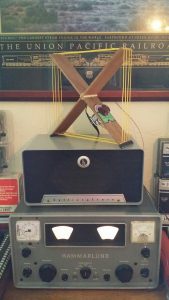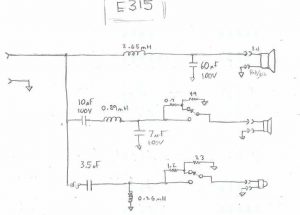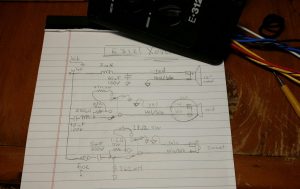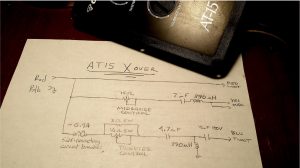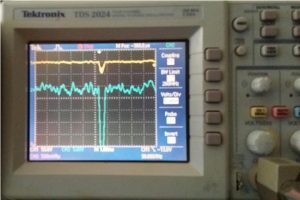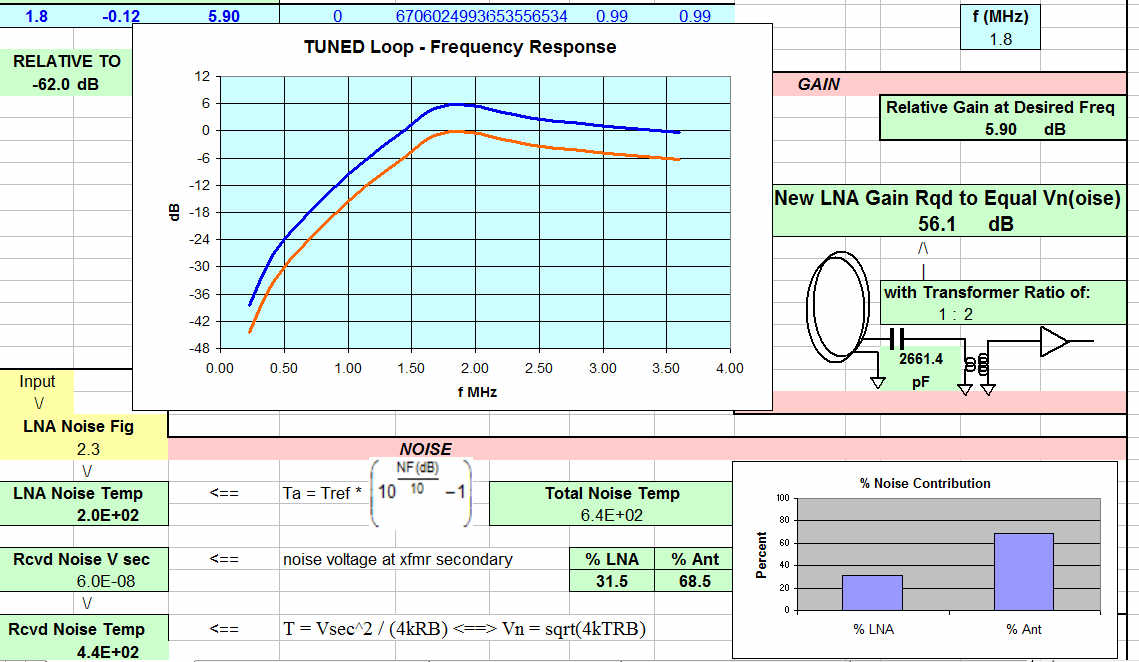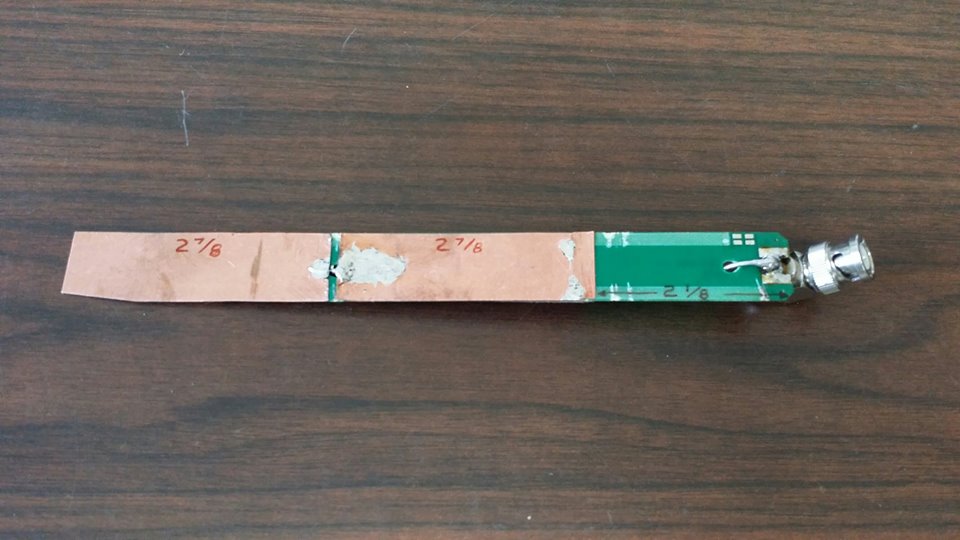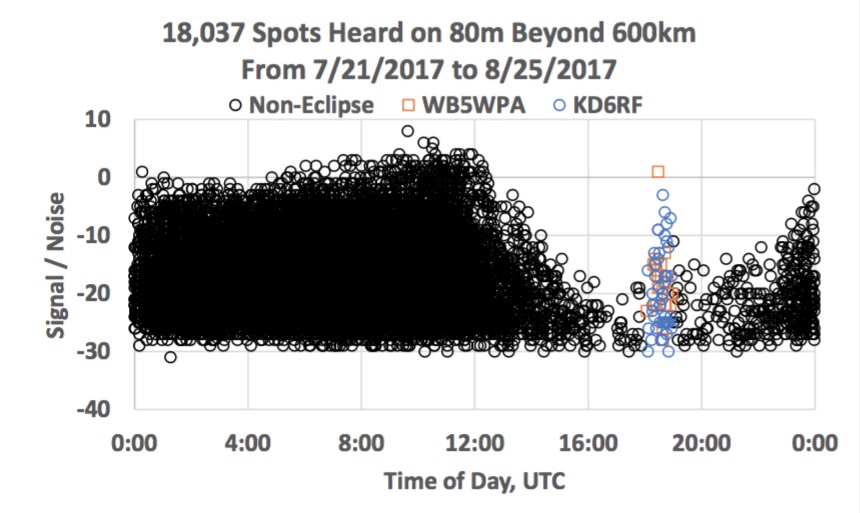Having a few nice vintage shortwave radios around, I decided it would be nice to actually USE the dang things once in a while 🙂 And given the almost unusably noisy performance of indoor short wire antennas, I made some loop antennas to cover approx 3 – 18 MHz to see if performance could be enhanced.
Continue reading Dual-Band X-Frame Shortwave RX Loop
3,990 total views, no views today
